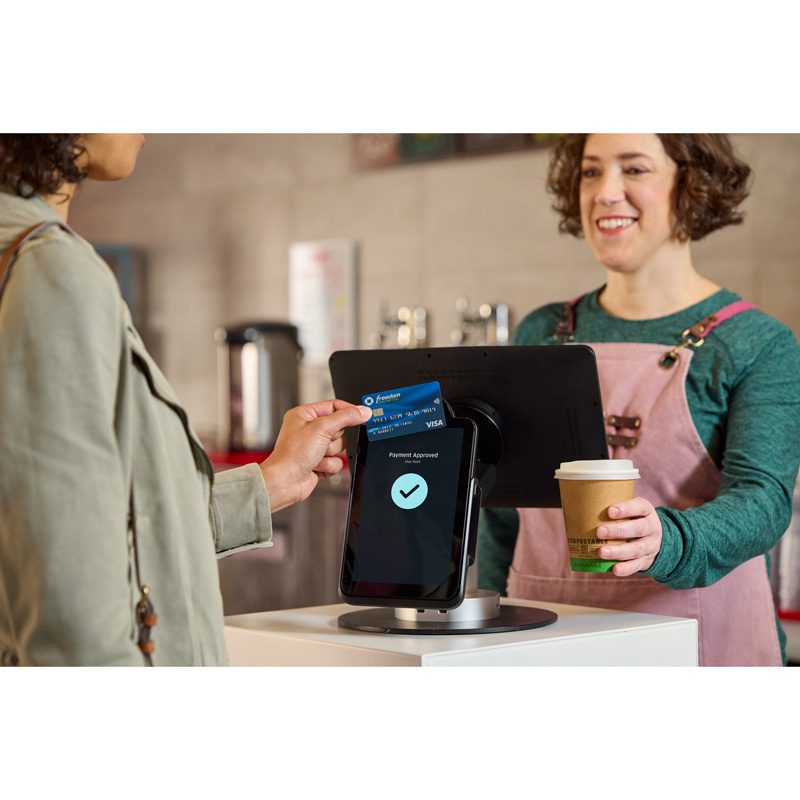
- Core banking platform 10x Banking has teamed up with data migration solutions company DLT Apps.
- The partnership combines DLT Apps’ TerraAI technology with 10x Banking’s advanced migration tooling capabilities to minimize error and downtime during the data migration process.
- Headquartered in London, 10x Banking won Best of Show in its Finovate debut at FinovateEurope 2023.
A new partnership between cloud-native meta core banking platform 10x Banking and data migration solutions company DLT Apps leverages AI to ensure that banks are able to make the most of their digital transformation initiatives. Specifically, the partnership puts DLT Apps’ TerraAi technology to work in helping institutions transition from legacy and non-legacy systems to 10x Banking’s platform.
“A key differentiator of this joint solution is the ability of 10x to load data in any sequence, validate it in a controlled staging environment, and ensure that every transformation is auditable,” 10x Banking CPO Okan Ozaltin said. “This allows banks to manage their migrations with precision, reducing the risk of data loss or corruption and accelerating the migration process,” he added. “This enables clients to quickly realize the benefits of their new systems.”
TerraAI features robust data transformation and AI-powered migration tools to prioritize data integrity and quality. Along with DLT Apps’ MigratIO platform, TerraAI is equipped to handle all data formats and includes an intuitive user interface that makes data mapping and reconciliation easier. MigratIO provides detailed audit trails and real-time data quality monitoring to give users visibility over the entire migration journey so that any potential issues can be addressed as early as possible in the process.
“This partnership ensures the quality and integrity of data is maintained from start to finish as users can identify data quality issues early in the migration lifecycle,” DLT Apps Founder and MD Santosh Reyes said.
Founded in 2018 and based in London, DLT Apps uses blockchain, AI, cloud, and micro-services technologies to transform financial services and accelerate digitization. In addition to TerraAI, the company offers a digital financial profile solution, Quinn, that facilitates streamlined onboarding, ongoing monitoring, and client lifecycle management; Zilo, a modern global transfer agency; and Zeta Wealth, which offers advanced financial tools for investment planning, portfolio management, and compliance.
10x Banking won Best of Show in its Finovate debut at FinovateEurope 2023. At the conference, the company demoed its 10x SuperCore cards that enable banks to build a card proposition in minutes with 10x Banking’s Bank Manager interface. More recently, 10x Banking reflected on its achievements in 2024, including the launch of the world’s first meta core platform, its first client in Africa, and new partnerships with companies like Deloitte and Flexys, as well as with fellow Finovate alums Zafin and Alloy.
Headquartered in London, 10x Banking was founded in 2016. The company has raised $297 million in funding according to Crunchbase. Antony Jenkins is Founder, Chair, and CEO.
To learn more about 10x Banking, check out my interview with company VP Lewis Ide on high growth opportunities for banks in APAC and Africa.











